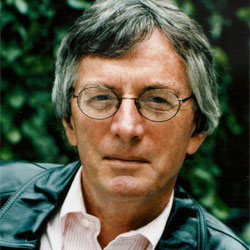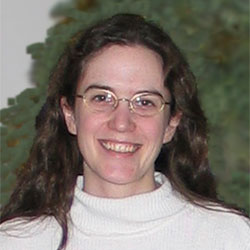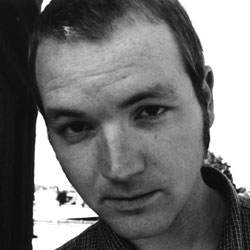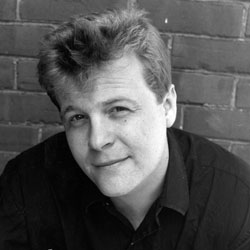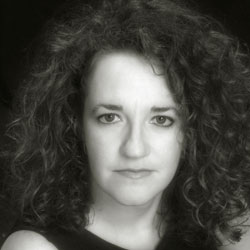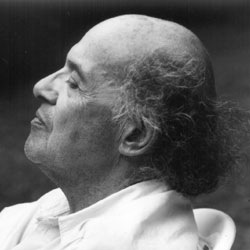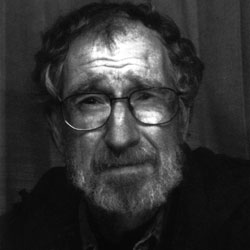When we look around for proof
of basic epistemological matters,
that life isn’t only seemings smattered,
a dream brought on by snaggled meat,
often the self blocks the view
of the tree or cat or car race
so all we find are me-leaves, me-meows,
me-machines of speedy impulse-me.
Maybe the point’s to see the self
as a kind of film that tints everything
bluer, more you-er and yet look through.
whatever you have to do, volunteer
at a shelter changing the abandoned
hamster’s litter, put together a coat drive
for the poor, go door to door for your candidate,
be devoted to a lover or lose yourself
cheering in a crowd, Go Hens! Go
higher, go lower, to see perhaps the sky
as a rock might, meditate until you become
a beam of light, be divided as a 3 by 27
and not get overcome by your identity ending
or expect to reappear after the decimal.
Perhaps you should be practicing not having
a self to claim, one day it’s baggage
we’re without, no longer waiting
for it to squirt out onto the conveyor belt
with all the others that look so much alike.
Yet it is sad to imagine no me around
to press his nose into your sleeping hair.
I worry death won’t care, just a bunch of dust
rushing up, some addled flashes, chills
then nil. I like too much that old idea
of heaven, everyone and pet you’ve lost
runs up which could not happen
if there’s no me there to greet.
Self, I’m stuck with you
but the notion of becoming unglued is too much
and brings tears that come, of course,
because you’re such a schmuck. Some days
you crash about raving how ignored you are
then why the hell don’t people let you alone
but I’ve seen you too perform small
nobilities, selfless generosities.
One way or the other, we’ll part I’m sure
and you’ll take me with you?
Self Search
Dean Young
copyright ©2008, Dean Young

